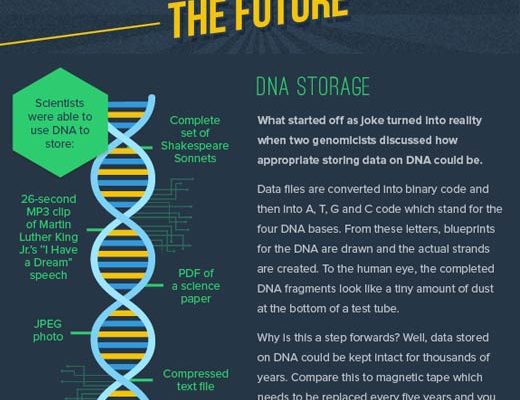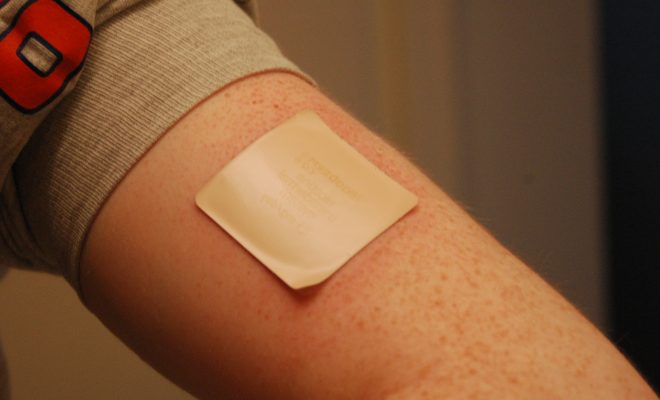What Is DNA Data Storage? Is It the Future of Storage?

DNA data storage is a cutting-edge technology that uses DNA molecules to store and retrieve digital information. Researchers believe that this technology could revolutionize the field of data storage, enabling us to store vast amounts of information in tiny spaces, with unparalleled stability and longevity.
At its most basic level, DNA data storage works by encoding digital information in the form of nucleotide sequences, which are the building blocks of DNA. These sequences can then be synthesized and stored in a physical location, like a test tube or other container.
The advantages of DNA data storage are numerous. First and foremost, DNA is incredibly compact. One gram of DNA can contain up to 215 petabytes of data, which is equivalent to roughly 215 million gigabytes. To put that in perspective, you could fit the entire contents of a large data center onto a single strand of DNA.
Additionally, DNA data storage is incredibly stable. While traditional data storage methods like hard drives or tape drives may degrade over time, DNA can survive for thousands of years under the right conditions. This means that DNA data storage could be a valuable tool for archiving important information, like historical records or scientific data.
Despite these advantages, there are also some challenges associated with DNA data storage. For one, the technology is still in its early stages, and researchers are still working to develop efficient methods for synthesizing, storing, and retrieving DNA sequences. Additionally, DNA sequencing and analysis technologies can be costly and time-consuming, which could limit the widespread adoption of DNA data storage in the short term.
Still, the potential benefits of DNA data storage are significant, and researchers and businesses are investing in this technology. In fact, companies like Microsoft and Twist Bioscience are already exploring the use of DNA data storage for long-term data archiving.
So, is DNA data storage the future of storage? While it’s difficult to say for certain, it’s clear that this technology has tremendous potential. As more research is conducted and new methods are developed, it’s likely that we’ll see increasingly sophisticated DNA data storage solutions emerge. And as our need for data storage continues to grow, DNA data storage could become an increasingly important tool in our digital arsenal.





